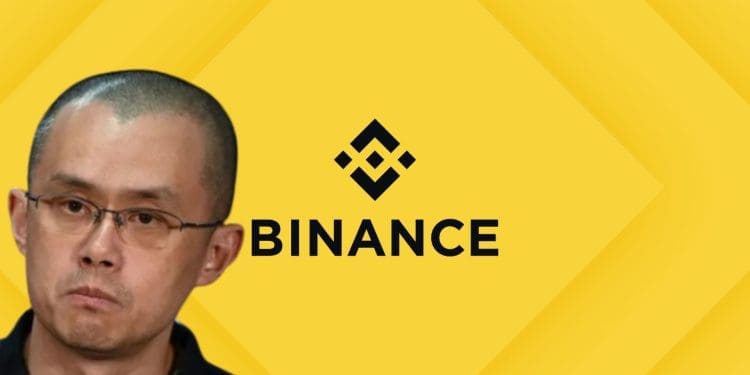- The CFTC charged Binance and its former CEO Changpeng Zhao with operating an unregistered derivatives exchange, resulting in a $1.8 billion settlement.
- The settlement includes a $1.5 billion civil penalty for Binance, plus $135 million in ill-gotten gains. Changpeng Zhao will personally pay a $150 million fine.
- The order requires Binance to implement stronger know-your-customer procedures and new corporate governance measures. It underscores the CFTC’s stance that crypto derivatives must comply with regulations.
The CFTC charged the crypto exchange Binance and its former CEO Changpeng Zhao with operating an unregistered derivatives exchange. After a lengthy legal battle, the parties have reached a settlement totaling $1.8 billion in penalties.
Background on the CFTC’s Allegations
In March 2022, the CFTC filed a complaint alleging that Binance allowed US residents to trade derivatives linked to commodities and cryptocurrencies without registering with the agency as required by law. The CFTC stated that from at least June 2021 through the time of filing, Binance offered futures, options and margin trading to retail and institutional investors in the US without oversight.
Details of the Settlement
In a December 2022 court order, Binance agreed to pay a $1.5 billion civil penalty, plus $135 million in ill-gotten gains, for a total of $1.8 billion. Changpeng Zhao will personally pay a $150 million civil fine.
The order requires Binance to implement stronger know-your-customer procedures, as well as new corporate governance measures like independent board members and internal compliance committees.
Former Binance executive Samuel Lim will pay a $15 million penalty for aiding the violations.
Significance for the Crypto Industry
This settlement represents the largest-ever penalty in a CFTC case. It underscores the agency’s aggressive stance that crypto derivatives must comply with the same regulations as traditional financial instruments.
The outcome provides clarity on regulatory obligations for crypto trading platforms. It remains to be seen whether other major exchanges may face similar CFTC enforcement actions in the future.














